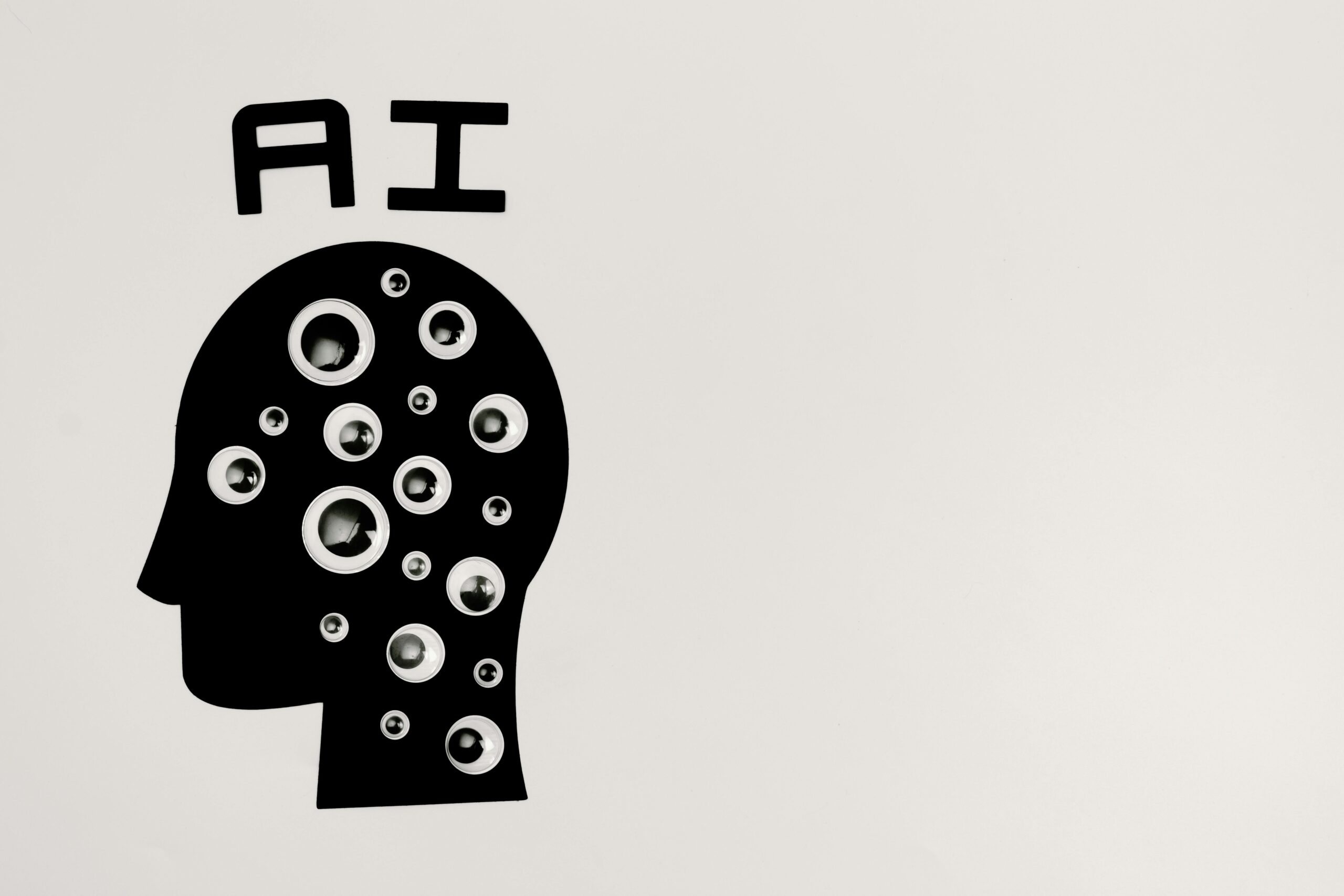The Rise of AI in Everyday Technology: What It Means for You
Just a few years ago, artificial intelligence (AI) felt like a concept pulled from sci-fi movies—robots, flying cars, and talking machines. Today, AI is no longer the future; it’s the present. It’s in your phone, your car, your home, and even your grocery store. But what does this rapid rise of AI mean for your daily life? More than you might think.
What Is AI, Really?
Let’s break it down. Artificial intelligence is the ability of a machine to perform tasks that typically require human intelligence. That includes things like learning, problem-solving, recognizing speech or images, making decisions, and even understanding natural language (like the one you’re reading now). It’s not just about robots taking over jobs—AI is already integrated into tools we use every day.
You Already Use AI—A Lot
Whether you realize it or not, AI is part of your routine. Here are a few examples:
- Smartphones: Voice assistants like Siri, Google Assistant, and Alexa use AI to understand your commands and answer questions. Your phone’s camera may use AI to improve photo quality automatically based on lighting, environment, and subject.
- Streaming Services: Netflix and Spotify use AI algorithms to recommend movies and music based on your preferences, watching habits, and even the time of day.
- Maps and Navigation: When Google Maps suggests the fastest route or alerts you to traffic, that’s AI analyzing real-time data and making decisions instantly.
- Online Shopping: Retailers like Amazon use AI to suggest products you might like, manage inventory, and even detect fraud in real time.
- Social Media: Platforms like Instagram and TikTok use AI to curate your feed, recommend accounts to follow, and filter out harmful content.
How AI Is Changing Daily Life
So what does all this mean for the average person? AI is making life easier, faster, and often more personalized.
- More Convenience: You can control your lights, thermostat, and even your coffee maker using voice commands. That’s not just luxury—it’s automation that saves time and energy.
- Improved Health Monitoring: Smartwatches and fitness apps now track your heart rate, sleep patterns, and stress levels with impressive accuracy. AI even helps identify signs of medical conditions earlier.
- Smarter Work Tools: In the workplace, AI helps with scheduling, writing emails, analyzing data, and even translating languages in real-time. This frees up your time to focus on higher-level thinking and creativity.
- Better Customer Service: Chatbots powered by AI can answer your questions 24/7, track your orders, and help with returns without the wait time of a human representative.
But It’s Not All Perfect
Of course, the rise of AI also brings up concerns. Data privacy is a big one—many of these technologies rely on collecting and analyzing personal information. Then there’s job automation. While AI can improve efficiency, it also raises fears about machines replacing human workers.
That said, experts believe AI won’t eliminate jobs entirely but will shift the types of roles people play. In fact, it may create new industries and opportunities we haven’t even imagined yet—just like the internet did.
What Can You Do?
The best thing you can do is stay informed. Learn how the tools you use every day rely on AI. Adjust your privacy settings when needed. Be mindful of how much data you’re sharing. And if you’re a student or a professional, consider learning some basic AI concepts—understanding the technology puts you one step ahead in just about any industry.
AI isn’t just coming—it’s here, woven into everyday tech in ways that make life simpler, smarter, and more efficient. It’s not something to fear but something to understand. When used wisely, AI has the potential to improve the way we live, work, and connect.
So the next time your playlist hits just right, your GPS saves you from traffic, or your phone suggests the perfect reply to a message—know that AI is working behind the scenes, quietly changing your world.







